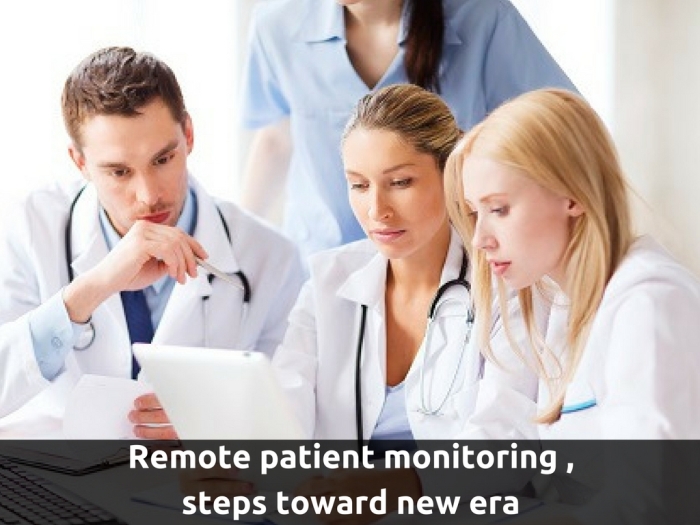Dementia is a serious disease that affects the elderly and can cause memory problems and confusion. While there is no cure dementia there are treatments that can help. Here are some of the commons ways that dementia is treated in the elderly.
Medication
Medication is commonly used to treat dementia. Antidepressants are one of the most common medications used to treat dementia. Other medications may also be used depending on the cause of dementia or any other mental health problems the sufferer may have.
Therapy
Therapy is commonly used to treat dementia. When a person is able to talk about the way they feel or get a better understanding of their symptoms and issues, they can deal with it better and recover much faster. In some cases, it is recommended that the sufferer and caregivers both attend therapy to be better equipped to deal with the disease.
Also can read: Dasen Brajkovic: How Is Alzheimer’s Difference From Dementia?
Care and Support
The best treatment for dementia is care and support from not only medical caregivers but family caregivers as well. The more support a person with dementia gets, the more likely they are to recover and go on to live normal lives.
Watching a loved one suffer from dementia can be difficult but there are ways you can help. Talk to a doctor or psychiatrist like Dasen Brajkovic to find out what treatment options are available for your loved one. There are ways to improve the life of a dementia sufferer.
